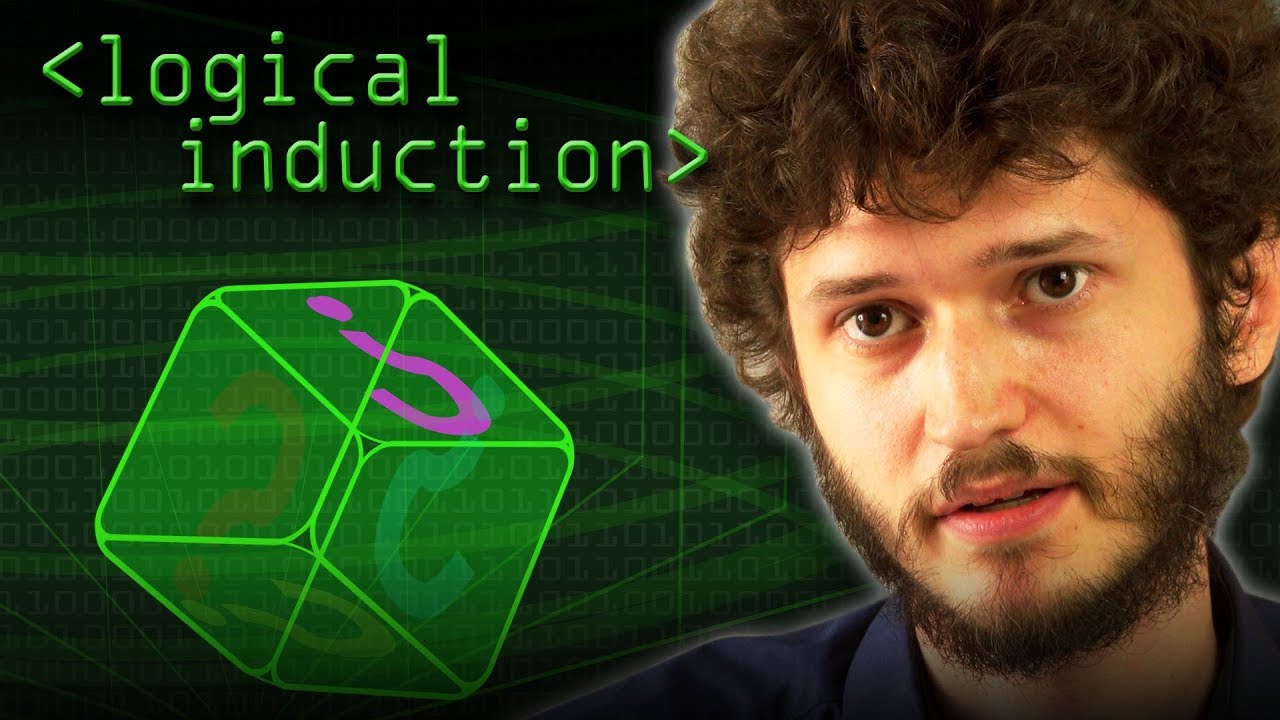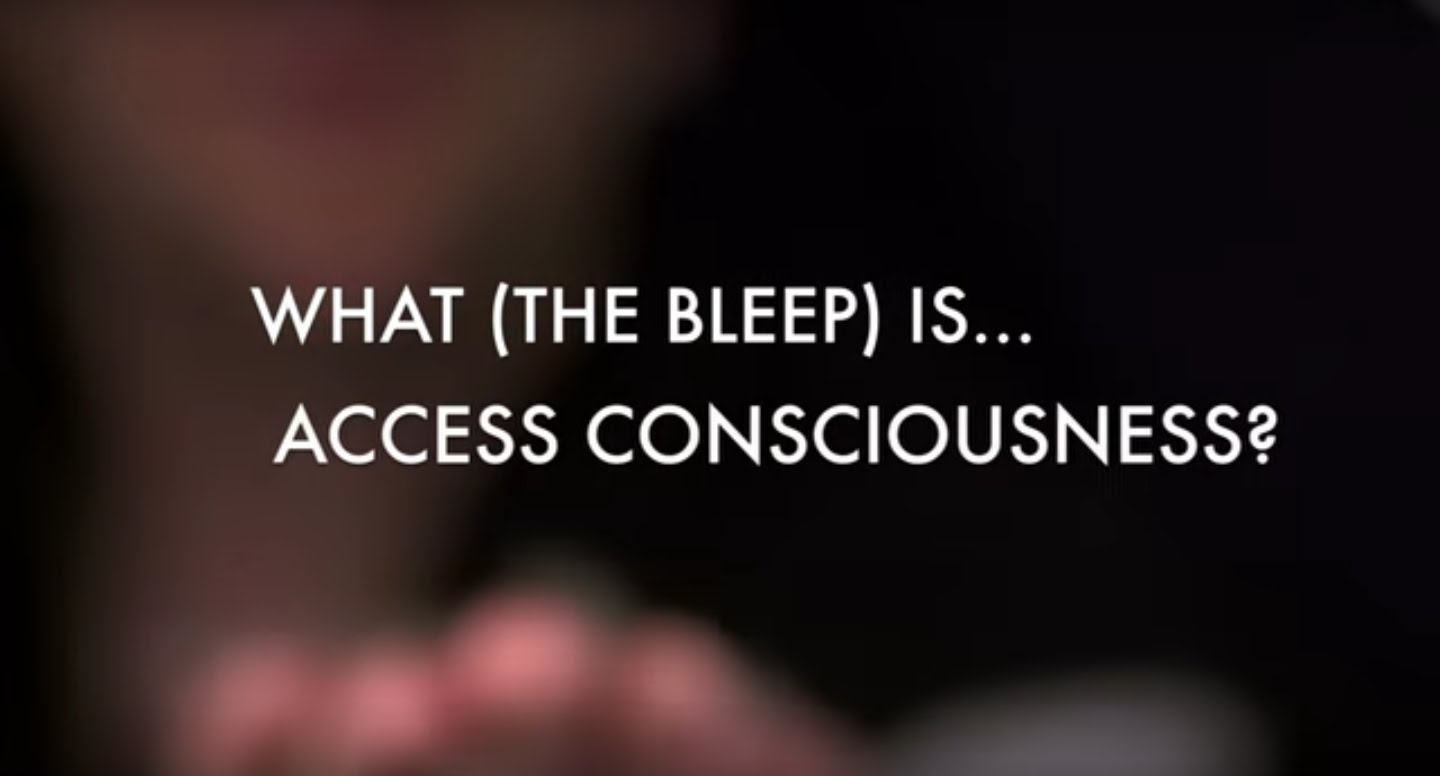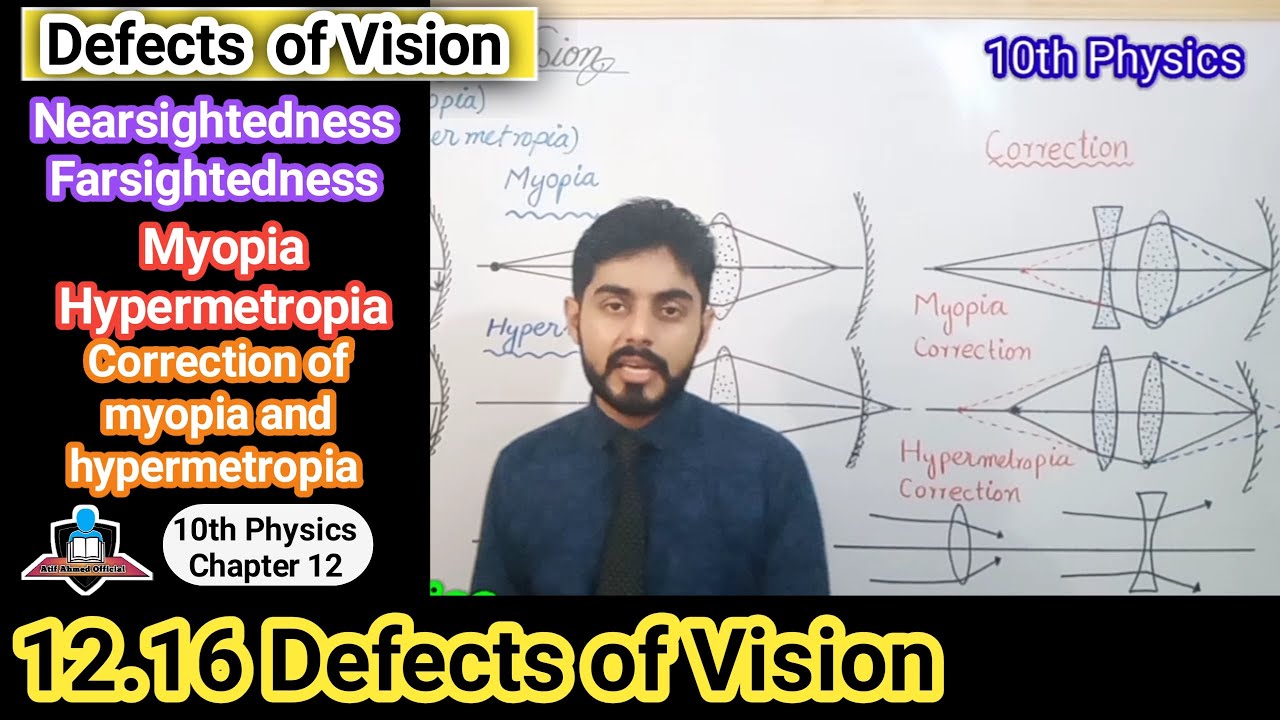Computerphile
Continuing to address the challenges of AI safety, Rob Miles discusses a paper from the Machine Intelligence Research Institute (MIRI).
Read the paper for yourself here: http://bit.ly/LogicalInduction
More from Rob Miles: http://bit.ly/Rob_Miles_YouTube
https://www.facebook.com/computerphile
https://twitter.com/computer_phile
This video was filmed and edited by Sean Riley.
Computer Science at the University of Nottingham: https://bit.ly/nottscomputer
Computerphile is a sister project to Brady Haran’s Numberphile. More at http://www.bradyharan.com
Source




Finish it!
Thanks for another great video with one of my favorite "mad scientists" (no offence ;).
And I feel I have to add that I to prefer the "long form" where the expert is allowed take their own, sometimes meandering, way to expand and explain their topic, and You only "gently steer" with Your question.
Jolly good job Sir 🙂
Best regards.
Probably one of my favorite computerfile videos.
Amazing ! Love it ! This concept is just super duper cool I'm so excited to read the paper now :3
Apparently, after leaving Middle Earth, Mr Frodo Baggins took an interest in learning about IT and Artificial Intelligence.
12:07 ahahahahahh muslims. shithole islamist jihadist dictatorships. that feel when you have muslims inside borders of a university ahahahahahahhaahah. the irony. – atheist from turkey
Dutch was the term used for most germanic communities 100-300 years ago in the USA. This is still the case with the Pennsylvania Dutch, who in turn refer to all that is outside their community as "English".
Dear sean,
little feedback on the filming 🙂
At some point you zoom out a bit and you see a car outside, and this completely changes the scene. The house was first some really cool place with this smart guy talking about ai and stuff. And
then it becomes like a normal scene, where the guy is like mortal. I exagerated this by quite a bit to get my point across, I hope it was useful. Great video's!
Terence McKenna is back
Is there any work going into preventing deliberately unsafe general AI being created? / Is there reason to believe there is such a threat?
Bringing the 'wisdom of markets' into AI research (and codifying it) intuitively seems like something that will be a game changer. It just makes sense, as it's how the world (and many natural systems within it) work.
I have a problem with the probability relationships as presented, compare 13:30:
P(A), P(B), and P(A and B) <= P(A or B)
Assuming P(A)=50%, P(B)=25%, and P(A and B)=60% then P(A or B)=75% and those statements are true, but in reality they're false.
.
This is not what Rob is saying, but it's also not clear from his words or the video that he's saying P(A and B)<=P(A) and P(A and B)<=P(B).
The guy writes on toilet paper sheets and all.. but then he rolls the dice, and out of nowhere, the dice turns green! We can see it's trajectory in slow-mo UNDER THE CUP! Blew my mind! Direct thumbs up!
I can't really concentrate on what you're saying because of that bookshelf.
Sapiens is a great book by the way @Robert Miles
When the graphics came up of the roll, it was like another world opened up.
This video explained so much more than the title promised it would.
I just learned a lot. Thank you!
and that why u need to remember…….remember as much as u can anyway
you look a little bit like Bob Ross
I like the Betting on bets part. Sounds fun ?
Where is this filmed? It's not his office, obviously – not enough books or other files on the shelves to be a prefessor's office.
As a medicial student that deals with statistics and probability (of diseases) it stresses me how they say probability is 1.x …..probability IS NEVER bigger than one, 1 is you absolute certainty….
Mathematician vs doubling cube: "Oh, powers of two".
14:30 who thinks he was thinking about a 'dutch oven' joke around then? lol
Is this guy young Terence McKenna or what ?
"Some systems would never stop thinking and never make their mind up" Well, you are describing women 🙂
Super interesting from a mathematical and computer scientist's point of view.
Problem I already see is that with those contracts people blow a bubble of unrealistic prices for real goods by gambling. That leads to increasing prices for food and other real and basic resources so that people who already have hardly enough for a living (in developing countries for example) have to pay even more just to survive.
Oh my goodness! Someone else actually gets what I mean about having two outcomes and starting, in some sense, at 50-50!
FYI here's a full lecture where one of the co-authors of the paper talks about it in more depth: watch?v=UOddW4cXS5Y
It's a great talk, I highly recommend watching it before trying to read the paper, which is quite technical.
3:45 excuse me
17:45 I think I know why this is "a little controversial".
In non-finite probability spaces, sometimes events can have probability 0 or 1 without being provably true or false.
The typical example is "choose a random real number (with uniform density), what's the probability that it's irrational". The answer is 1.
But the application of your rule in this case would dictate that the AGI could give the (correct) answer only if the statement "choose a random real number, then it's irrational" were provably true.
But this statement, which has probability 1, is not only not provably true, it's provably false, because it's equivalent to saying "all real numbers are irrational".
I guess Robert is never going to read this comment, whatever.
Disappointing video tbh, I didn't learn anything from it. 18 minutes in and I still couldn't work out where this is going and what's so interesting
There is no such thing as uncertainty
Physics is not probability based.
Quantum physics probably has an underlying pseudorandom system in place that we havn't found yet, but still, that has to be determined.
But which number was under the cup?
23:24 super cool if every trader would affect the system equally. Reality is that the ones who will bet more, will affect the price more, and if her/his prediction is off, then humanity's predictions is off.
Anyway, the video was great, thanks 🙂
I think it was a 3. Also, this video was really cool.
More Rob, please.